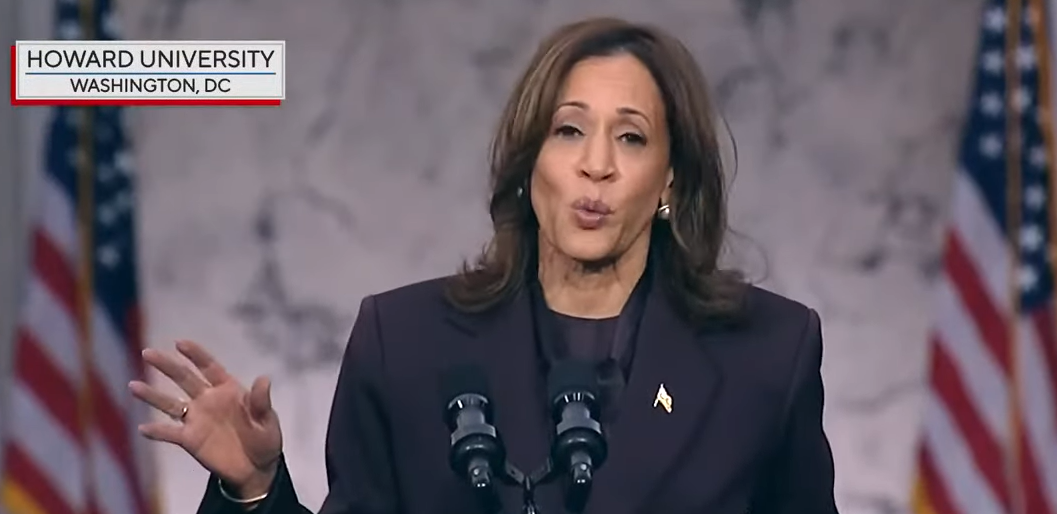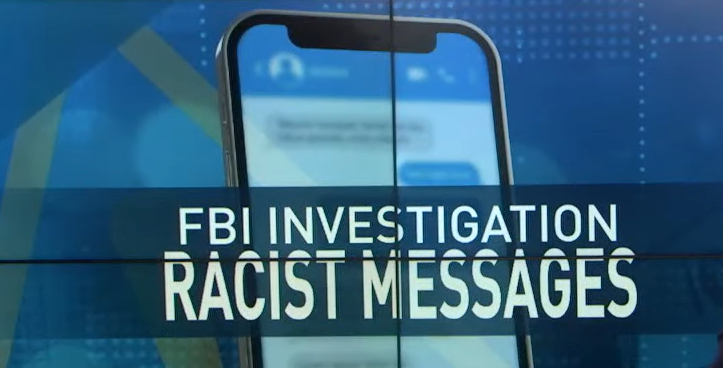Marian Wright Edelman
[National: Commentary]
During his 1964 State of the Union Address, President Lyndon Johnson said: “Unfortunately, many Americans live on the outskirts of hope — some because of their poverty, and some because of their color, and all too many because of both. Our task is to help replace their despair with opportunity. This administration today, here and now, declares unconditional war on poverty in America. I urge this Congress and all Americans to join with me in that effort. It will not be a short or easy struggle, no single weapon or strategy will suffice, but we shall not rest until that war is won. The richest Nation on earth can afford to win it. We cannot afford to lose it.”
And as Pope Francis put it: “A population that does not take care of the elderly and of children and the young has no future, because it abuses both its memory and its promise.”
For those who prefer Jeremiah 5:27-29: “…[T]hey have become great and rich…they do not judge with justice the cause of the orphan,…and they do not defend the rights of the needy…shall I not bring retribution on a nation such as this?”
Fifty years after President Lyndon Johnson declared a War on Poverty, the United States is still not a fair playing field for millions of children afflicted by preventable poverty, hunger, homelessness, sickness, poor education and violence in the world’s richest economy with a gross domestic product (GDP) of $15.7 trillion.
Every fifth child (16.1 million) is poor, and every tenth child (7.1 million) is extremely poor. Children are the poorest age group and the younger they are the poorer they are. Every fourth infant, toddler and preschool child (5 million) is poor; 1 in 8 is extremely poor. A majority of our one- and two-year-olds are already children of color. In five years children of color who are disproportionately poor, nearly 1 in 3, will be a majority of all children in America and of our future workforce, military and consumers.
But millions of them are unready for school, poorly educated and unprepared to face the future. Nearly 60 percent of all our children and more than 80 percent of our Black and nearly 75 percent of our Latino children cannot read or compute at grade level in fourth and eighth grade and so many drop out of school before graduating. Seventy-five percent of young people ages 17-24 cannot get into the military because of poor literacy, health or prior incarceration.
The greatest threat to America’s economic, military and national security comes from no enemy without but from our failure, unique among high income nations, to invest adequately and fairly in the health, education and sound development of all of our young.
We call on President Obama and America’s political leaders in every party at every level to mount a long overdue, unwavering, and persistent war to prevent and eliminate child poverty and finish the task President Johnson and Dr. King began. Two- and three-year-olds have no politics and we must reject any leaders who for any reason play political football with the lives of millions of our children and our nation’s future. If America is to lead in the 21st century world, we must reset our economic and moral compass.
While remembering that children do not come in pieces and that hunger, homelessness, violence, and parental attention all affect childhood well-being, building on best practices and sound research about the crucial importance of early childhood development, the first step to prevent and alleviate indefensible and costly child poverty is to build a quality early childhood continuum of care from birth through age 5 so that every child, regardless of the circumstances of birth or lottery of geography, is ready for school and has a fair chance to reach their God-given potential. We know if we properly support children in their early years of rapid brain development, not only will they benefit, but so will all America. This is not only the just but the smart and cost-effective thing to do.
Nobel laureate economist James Heckman estimates a lifelong economic rate of return of 7 to 10 percent each year for every dollar invested in quality early childhood programs. Former Chairman of the Federal Reserve Ben Bernanke told CDF conference attendees in 2012: “Very few alternative investments can promise that kind of return. Notably, a portion of these economic returns accrues to the children themselves and their families, but studies show that the rest of society enjoys the majority of the benefits, reflecting the many contributions that skills and productive workers make to the economy.”
And MIT Nobel laureate economist Robert Solow in his foreword to a 1994 CDF report Wasting America’s Future was prescient when he wrote: “For many years Americans have allowed child poverty levels to remain astonishingly high — higher than for American adults; higher than for children in nations that are our competitors; higher than from the entire period of the late 1960s and 1970s, a period when we had less wealth as a nation than we do now; and far higher than one would think a rich and ethical society would tolerate. The justification, when one is offered at all, has often been that action is expensive: ‘We have more will than wallet.’ I suspect that in fact our wallets exceed our will, but in any event this concern for the drain on our resources completely misses the other side of the equation: Inaction has its costs too…As an economist I believe that good things are worth paying for; and that even if curing children’s poverty were expensive, it would be hard to think of a better use in the world for money. If society cares about children, it should be willing to spend money on them.”
If America’s dream continues to fade for millions of poor, near poor and middle class children and families; work and wages continue to decline; and education and basic survival needs — including adequate food and housing — continue to be ravaged to protect the powerful interests of the top 1 percent that has cornered 22 percent of the nation’s income, then America will miss the boat to the future. More importantly, we will miss a great opportunity to show the world a living and just society in a majority non-White and poor world desperately in need of moral example.
To those who claim our nation cannot afford to prevent our children from going hungry and homeless and prepare all our children for school, I say we cannot afford not to. If the foundation of your house is crumbling you must fix it. Education is a lot cheaper than ignorance. Preschool education is a bargain compared to prison and we should be ashamed that America is the largest incarcerator in the world. And consider how many good jobs a quality universal early care system would provide at a time of rampant unemployment and declining wages. A quality universal pre-K system (and I hope kindergarten system) is a win-win for everyone.
After Dr. King’s assassination riots and looting broke out in cities across America including Washington, D.C. where I had moved from Mississippi to help prepare for Dr. King’s Poor People’s Campaign. I went into schools to talk to children to tell them not to loot and jeopardize their futures. A young Black boy about 12 looked me in the eye and said “Lady, what future? I ain’t got no future. I ain’t got nothing to lose.”
The Children’s Defense Fund has spent the last 40 years trying to prove that boy’s truth wrong in our economically and militarily powerful and spiritually poor nation. And we will never stop until we succeed. It’s time to give him and the 16.1 million poor children like him today a fair chance to succeed and to keep Dr. King’s dream — America’s dream — for him and the millions like him alive.
See CDF’s new report, The State of America’s Children 2014.
Marian Wright Edelman is President of the Children’s Defense Fund whose Leave No Child Behind® mission is to ensure every child a Healthy Start, a Head Start, a Fair Start, a Safe Start and a Moral Start in life and successful passage to adulthood with the help of caring families and communities. For more information go to www.childrensdefense.org






